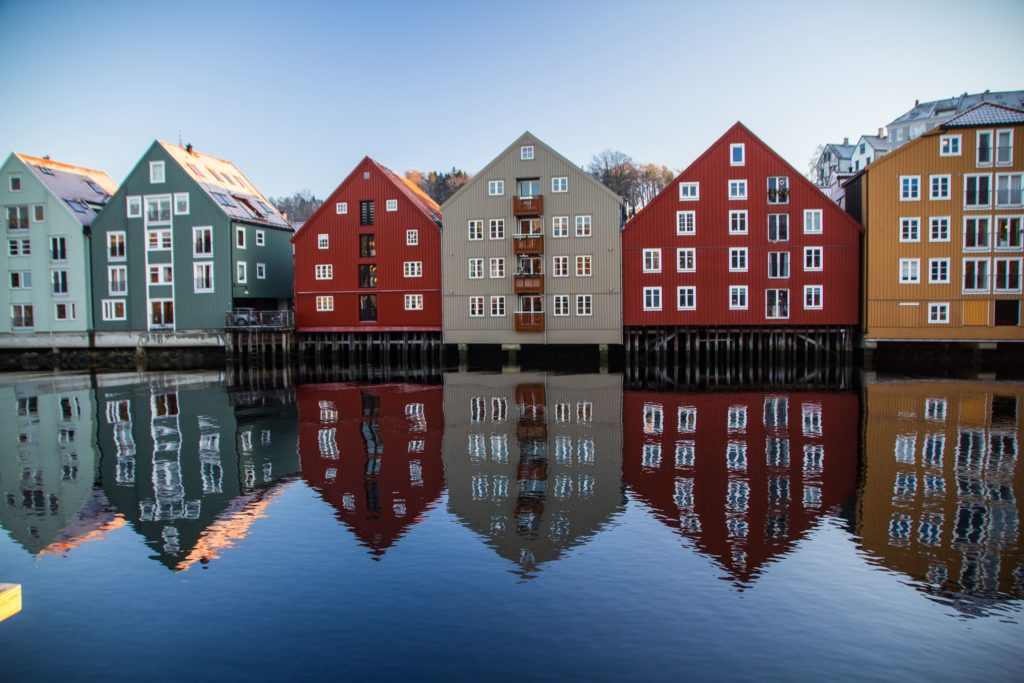People may decide to leave their own country for a variety of reasons, such as terrorism, rebellion, poverty, malnutrition, and other issues. Many Pakistanis have made the painful decision to leave their homeland in quest of a better life as a result of the recent unrest in that country. Others travel alone and make an effort to send money home to support their loved ones, while some can bring their entire families with them. Under Norway’s then-liberal immigration policy, which permitted unskilled “guest workers” to temporarily stay The first generation arrived in the country as guest workers during the 1970s. The majority of these immigrants were young males who arrived from the Kharian area in the Punjab province of Pakistan, later waves also had a sizable number of laborers from Lahore, Pakistan’s second-largest city. Later, the rule was changed to permit already-arrived guest workers to remain there permanently. Family reunifications, in which they could apply for their close relatives and/or spouses to relocate to Norway, replaced the entrance of new immigrants once harsher immigration restrictions were implemented in 1976.

Visa for visitors
You can stay in that country or other Schengen nations for up to 90 days during 180 days with a visitor’s visa.
A visitor’s visa is necessary for Afghan and Pakistani nationals to enter Norway. When traveling to Norway, Pakistani nationals with official or diplomatic passports are exempt from the visa requirement. The Pakistani applications are handled through the Norwegian Embassy in Abu Dhabi. You must submit your application to the embassy if you intend to go to more than one Schengen nation during a single trip or if you have numerous separate journeys scheduled within two months. depending on the length of your stay or the reason for your visit, or the consulate of the nation that is your primary destination.
If you want to travel to many Schengen nations but are unsure of your primary destination, you must submit your application to the embassy or consulate of the nation where you will be arriving first.
The term “Pakistani Norwegian” refers to people from Norway who have ancestry in Pakistan. The majority of Pakistanis in Norway are Punjabis, and 65.23 percent of them reside in Oslo, the country’s capital. In terms of demographics, first-generation who immigrated to Norway are distinct from the general population, whereas second-generation who are born in Norway are well-established in Norway and have gone on to become professionals.
Living style and assimilating into Norwegian culture
Children of Pakistani immigrants can experience conflict when attempting to uphold both the liberal Scandinavian society and the traditional Islamic culture of their family. Even if they feel at home solely in Norway, second-generation may experience pressure from their parents to avoid being “too Norwegian” even though they are frequently reminded that they are not like other Norwegians. Although it used to be frequent among Pakistani Norwegians, family-related chain marriage has become less prevalent after 2000. Fewer and fewer second-generation Pakistani Norwegians, or those who were born in Norway, marry foreigners: In 2010, 81 people immigrated to Norway by marriage with a second-generation Norwegian from Pakistan. Second-generation who are above 17 years old and are not married “grew from 1100 in 1998 to 3700 in 2010”. The 18 to 23 age group exhibits the same tendency. After marrying an 18–23-year-old second-generation, 24 Pakistanis immigrated to Norway in 2012. It is now “nearly as unusual to be married at the beginning of their twenties” among young second-generation as “it is generally among young people in Norway”. This development can be explained by the fact that there are now more options for marriage partners in Norway, as well as by the rising numbers enrolled in higher education.
Second-generation women give birth to 1,95 children on average, the same number as Norwegian women.



